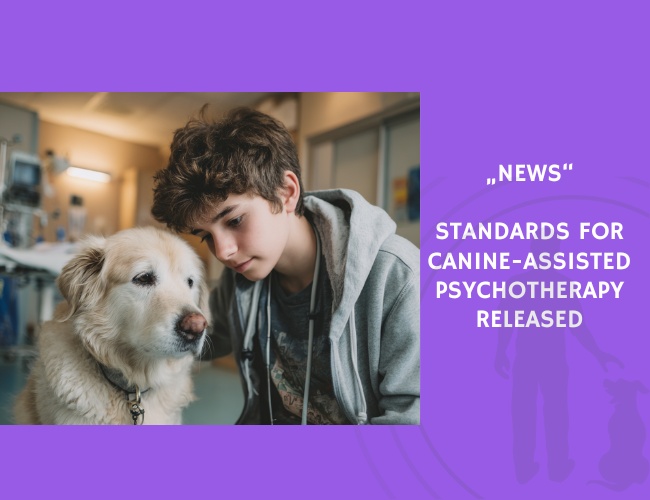Can dogs support adolescent mental health? A new expert consensus led by Jones et al. (2023) sets out ethical and practical standards for canine-assisted psychotherapy.
In a critical step toward standardising canine-assisted psychotherapy (CAP), researchers led by Jones et al. (2023) have published expert consensus guidelines for safely and ethically incorporating dogs into adolescent mental health treatment. CAP is an increasingly popular but loosely regulated practice, and this study aimed to provide clarity on terminology, training, and qualifications for both human therapists and canine participants.
Using the Delphi methodology, a global panel of experts in animal-assisted therapy (AAT) reached consensus on 34 core standards for implementing CAP. These include mandatory licensure in mental health for practitioners, specific training and supervision in AAT, and formal obedience and behavioural assessments for dogs—who must always work in partnership with a bonded handler. Dogs working alone or paired with untrained providers were explicitly discouraged.
The study also emphasises the need for community education on the differences between informal dog interactions and structured psychotherapeutic interventions. Importantly, it calls for increased attention to the temperament and welfare of therapy dogs, noting that dogs should not only be safe but also enjoy working in CAP environments. While consensus on all provider training components wasn’t achieved, the findings provide a much-needed framework for the future of CAP, ensuring better outcomes for both adolescents and their canine companions.
Published in Human-Animal Interactions, December 2023










